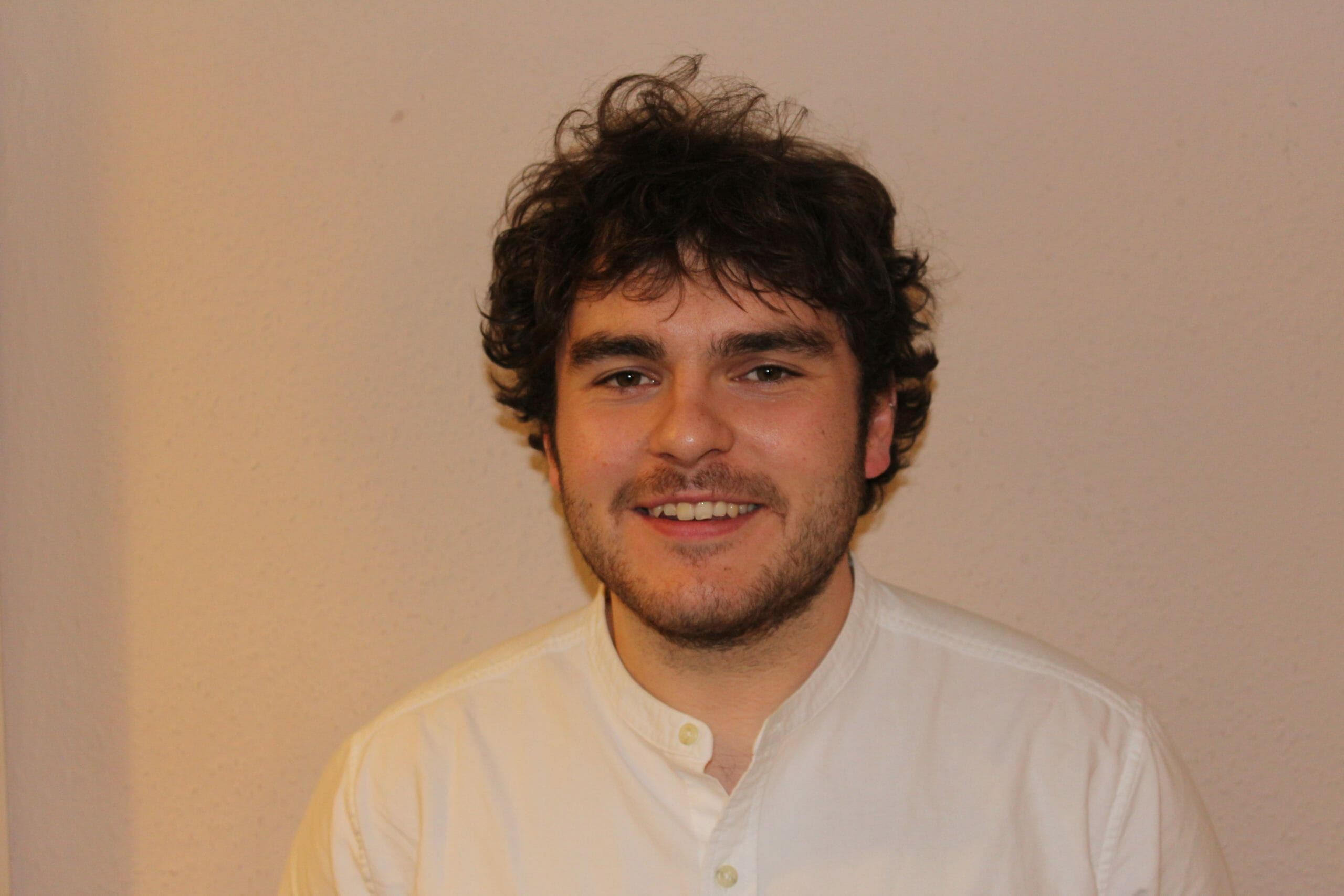
This is a guest post written by Tom Jones (no not the singer) an intern at my agency Prohibition that has impressed me whilst he has been working with us. I asked him to give me a master student’s view of what the future of PR is today. I teach a lot of students at Leeds Beckett University and they have a very different take on the industry compared with those of us already working on the coalface, so I felt like it would be interesting to hear his thoughts. So hear is the article he provided me on the topic.
As an intern-level practitioner of public relations, I can’t exactly reminisce about the glory days of PR. What I can do, however, is provide an insight into what the future of the industry could be like in the years to come.
It’s often the age-old question on practitioners’ lips: what is the future of public relations? It’s a topic that is ever-present in the industry and is now more important than ever. And why is it important to forecast changes in the industry? Projected trends and topics help public relations professionals and amateurs alike to adapt to said changes in the most applicable way. As Arun Sudhaman writes the for Holmes Report, agencies and organisations are able to evolve their model and structure in order to play a more central brand-building role in today’s criss-crossing media environment.
Blurred Lines
On the topic of convergence, I believe that the boundaries separating public relations, marketing and advertising are fading by the minute. Once upon a time, public relations consultancies were only competing in a one event race. As times have changed, most PR consultancies now incorporate services such as video, photography, social media, SEO and advertising. David Garland from The Rise To The Top agrees with this sentiment in one of his posts. He writes that the days of ‘old school’ PR companies are long behind us, with the majority of these companies re-branding as digital marketing, social media marketing or communications companies.
Going Digital
Now this one, you should have seen coming. Public relations has always been about identifying, engaging and messaging the correct audiences in the right way possible. This concept is a constantly running one which is unlikely to change. The way PR professionals connect with audiences, however, has changed. As MemCom writes here, PR was once all about getting the right stories in the hands of the press. Telephone calls to editors and journalists were all too common, along with press conferences and lunches. It was all about creating and maintaining relationships with media personnel. Today, we live in a world constructed of sponsored Tweets, Facebook GIFs, Instagram carousels and #hashtags. Journalists are constantly scouring the social world for their next peg, and the value of the journalist seems to be diminishing. News is a constant 24/7 stream, and this is certainly taking PR off its path – for better or for worse? That’s not for me to decide.
Fake News
Fake news has been a hot topic in the press since President Donald Trump’s presidential campaign began back in June 2015. The term is defined as the way public figures, such as Trump “play fast and loose with the facts…. And from that, become caught in their own fabrications.” Ken Makovsky defines it as the feeling that something is true, despite contradictory evidence. But how does this relate to PR? The public trust in traditional media has decreased, as the majority of people are being driven to ‘fake news’ websites aided by social media algorithms and misleading headlines. This process is reflected in the professional world as organisations turn to more client-driven content platforms, as opposed to the traditional media. Whether this change will come to fruition, is yet to be seen. Although until the day all traditional media organisations disband, I doubt this will be the case.
To conclude, we are definitely in a period of transition. There are changes happening, and only time will tell as to whether this will have a positive impact or a detrimental impact on the PR industry in the UK. Aspects such as the increase in social media use and converging interests can only be viewed as a positive, as long as transparency is maintained. I, for one, am remaining positive for the future PR careers of young practitioners like myself and others in my position.
Chris Norton is the founder of Prohibition and an award winning communications consultant with more than twenty years’ experience. He was a lecturer at Leeds Beckett University and has had a varied PR career having worked both in-house and in a number of large consultancies. He is an Integrated PR and social media blogger and writes on a wide variety of blogs across a huge amount of topics from digital marketing, social media marketing right through to technology and crisis management.


